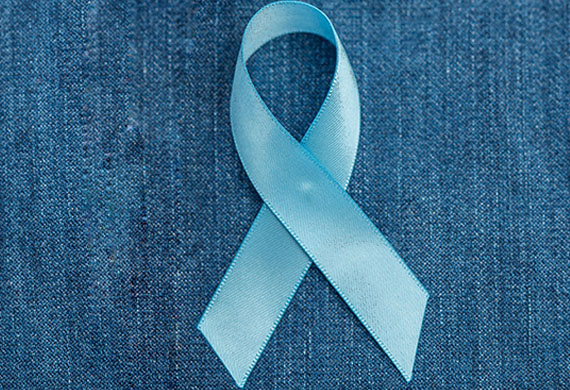
Quarter of the Indian female population never heard of PCOS or PCOD, survey
By: Navyasri, Writer, Womenentrepreneurindia
The month of September is dedicated to raising awareness about PCOS. PCOS (polycystic ovary syndrome) is a hormonal condition that affects many women of reproductive age. Women with PCOS may have irregular or prolonged menstrual cycles, or high levels of the male hormone androgen. According to the Polycystic Ovarian Syndrome Awareness Association, or PCOSAA, one in every five women may develop PCOS over their lifetime. The goal of PCOS Awareness Month is to help those who are affected by PCOS improve their lives by assisting them in overcoming their symptoms as well as preventing and reducing their chances for life-threatening diseases.
To commemorate PCOS Month, OZiva conducted a nationwide survey of women. PCOS, or Polycystic Ovary Syndrome, affects one in every five Indian women and has become a major source of concern. The survey, which included 2800 women from across India, revealed that a substantial quarter of the Indian female population had never heard of PCOS or PCOD, and that 65 percent of women were unaware of PCOS symptoms. Despite its prevalence, PCOS and its symptoms are poorly understood, and there are numerous myths surrounding the condition.
Key Findings of the survey
1.35 percent of women have never told someone about their PCOS condition.
2. Nearly 15% of women never wish to talk about PCOS with others, and more than 4.5 percent consider it a taboo subject.
3. Nearly half of women are uncomfortable discussing PCOS with their partners and have never done so. The majority of women prefer to talk about it with their mothers.
4. Approximately 65 percent of women have been shamed or know someone who has been shamed because they have PCOS or symptoms connected to it (like facial hair, difficulty losing weight, difficulty conceiving etc.)
5. More than 60% of males have no idea what PCOS is.
The survey also uncovered some surprise findings, such as the fact that 45 percent of people believe there is no reliable information regarding PCOS and related health issues. Almost half of those polled, both men and women, agreed that brands should take up this cause and encourage more individuals to openly discuss PCOS.
All about PCOS
What it is
Polycystic means "many cysts," and PCOS frequently causes clusters of small, pearl-sized cysts in the ovaries. The cysts are fluid-filled and contain immature eggs.
Causes
PCOS has no known cause. However, most experts believe that a variety of factors, including genetics, may play a role. Women who have PCOS are more likely to have a mother or sister who has the condition.
A hormonal imbalance is a major underlying problem with PCOS. The ovaries produce more androgens than usual in women with PCOS. Androgens are male hormones that females produce as well. Each month, high levels of these hormones influence the development and release of eggs from the ovary (process called ovulation).
According to researchers Insulin may also be linked to PCOS. Because they have difficulty using insulin, many women with PCOS have an excess of it in their bodies. Excess insulin appears to increase androgen production. High levels of androgen can result in Acne, Hair growth that is excessive, Putting on weight and problems with ovulation.
Prevention
Although PCOS cannot be prevented, early detection and treatment can help to avoid long-term complications such as infertility, metabolic syndrome, obesity, diabetes, and heart disease.
A healthy lifestyle, which includes a healthy diet, regular exercise, and maintaining a healthy weight, can help prevent a variety of complications. Additional regular checkups are advised for early detection of these complications.
Awareness
PCOS has to be made more widely known since it helps people understand that symptoms like irregular periods and pelvic pain are not to be taken lightly and that getting it checked is essential. While there is no cure for PCOS, there are therapies that can help alleviate the stress and difficulty associated with certain symptoms. The greater the number of people who are aware about PCOS, the better the odds of an early diagnosis.
Speaking on the survey, Aarti Gill, Co-founder, OZiva, said, “As a woman myself, I can truly feel the struggles of Indian women when it comes to health issues such as PCOS. The first step to managing PCOS is awareness. With a clean, plant-based diet and holistic lifestyle the condition can be managed. Unfortunately there is lack of awareness, open conversation around PCOS and as the survey revealed unavailability of authentic information related to PCOS and its management. There has to be a change in perception about the condition and accessibility to authentic and reliable information about PCOS management. We want to create much needed awareness and encourage both men and women to speak about PCOS.”






